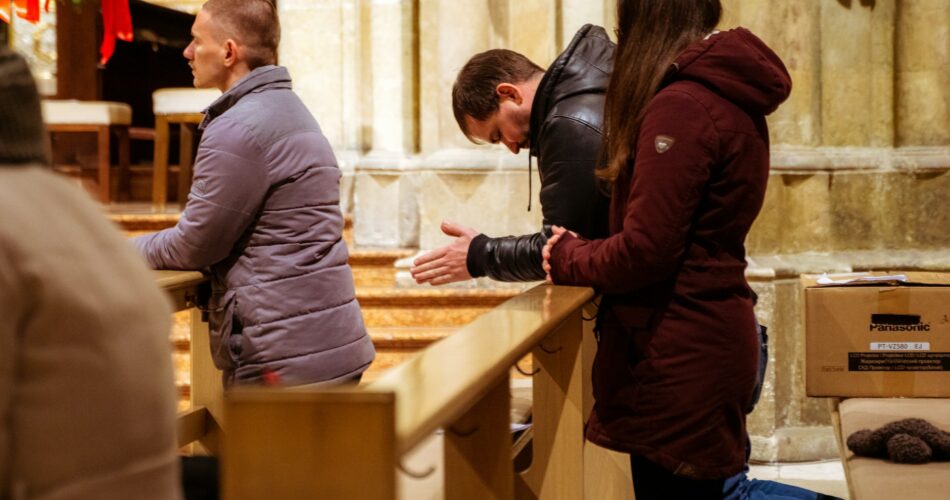School Prayer Bill Hits Sudden Roadblock
A proposed Texas bill that would permit voluntary prayer and religious text readings in public and charter schools has stalled after the House Committee on State Affairs took no action on it. The bill, Senate Bill 11, had passed the Senate with strong support but faced mixed reactions in the House, where debate ended without a vote. This leaves its future uncertain as legislators continue to deliberate.
Introduced by Sen. Mayes Middleton and sponsored in the House by Rep. David Spiller, the bill aimed to give school boards the authority to allow time for student-led prayer or religious readings, provided they happen outside of instructional hours and with parental consent. The measure also barred the use of public address systems for such activities. Supporters said it promotes religious freedom and local control, referencing a 2022 Supreme Court decision that upheld a coach’s right to pray at school events.
During public testimony, the bill drew both support and opposition. Critics, including representatives from interfaith groups, voiced concerns that the legislation could favor one religion—particularly certain forms of Christianity—over others. They warned this could create a divisive atmosphere in schools and potentially isolate students from minority faiths. Personal stories were shared to highlight the emotional toll that religious exclusion can have on children in educational settings.
Despite the bill’s aim to be inclusive by allowing any religious text, concerns remained that it might unintentionally prioritize dominant religious practices. Lawmakers chose not to advance the bill during the hearing, suggesting more time is needed to consider its implications. Meanwhile, similar legislation recently passed in the Senate allowing school employees to pray or express religious beliefs while on duty.
Currently, Texas law allows students to voluntarily pray in school, provided there is no pressure or coercion involved. Schools may also offer a moment of silence at the beginning of the day for students to reflect or meditate. While SB 11 seeks to expand opportunities for religious expression in schools, it has sparked a broader conversation about how best to balance religious freedom with inclusivity and fairness in public education.
